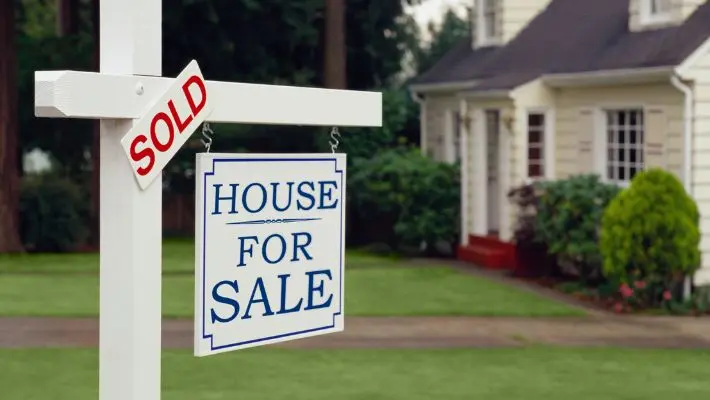
Short Sale or Foreclosure: What's the Difference?
When choosing between a short sale vs. foreclosure, you’ll need to decide whether you want a long-term, affordable sale or a quick, straightforward sale.
When the real estate market in an area is especially competitive — with strong buyer demand and high price points — many buyers opt for purchasing a distressed property.
In many cases, this means choosing between a short sale vs. foreclosure homes.
Short Sale vs. Foreclosure as a Buyer Strategy
Short sale and foreclosure homes offer a money-saving strategy for buyers looking to purchase homes in hot markets.
While falling under the title of “distressed” properties, short sale and foreclosure homes are often in pristine physical condition while the homeowner’s financial situation is distressed. This means that buyers can gain access to strategic listing opportunities amid a busy market.
To make the best decision on what kind of distressed property may be the best fit for you, you will need to understand the differences between a short sale vs. foreclosure.

What are Short Sale Homes?
A short sale occurs when a homeowner sells their home for less than what they owe on their loan with the permission of their mortgage lender. By opting for a short sale, the homeowner can avoid foreclosure and the negative impact on their credit.
When a short sale property is listed, the lender has approved the selling price and has the ability to reject offers made by potential buyers. To recoup the losses on their loan, lenders are interested in selling the home for as much as possible — which is still typically far below the property’s market value.
Pros and Cons of Buying a Short Sale Property
Choosing short sale vs. foreclosure can mean getting a home in better condition for a lower price. Another advantage to choosing short sales is that there is less competition, which is the case for distressed properties in general.
However, the biggest con for buying a short sale property is the potential hassles of working directly with a bank or lender. Instead of negotiating with the seller, you also have to work with the lending institution. This can invite longer wait times, more demanding processes, and a drawn-out transaction.
What are Foreclosed Properties?
Foreclosed properties are homes that have been seized by the lender because the homeowner has defaulted on their loan responsibilities. When a homeowner stops paying the mortgage, the lender places a lien on the property and can sell the home to make up for the loss.
When buying a foreclosed home, buyers are purchasing the property as-is and the transaction process is quick and straightforward — oftentimes closing before a tour or buyer-requested inspection takes place. Lenders usually want to sell the home for as much as possible and as quickly as possible.
Pros and Cons of Buying a Foreclosed Listing
Buying a foreclosed home over a short sale can mean a faster and easier transaction process.
However, lenders oftentimes prefer cash buyers for foreclosure homes — meaning that buyers working with mortgages may not be accepted. Another downside of buying a foreclosed home is that it may not be in as good of a condition as a short sale, inviting repair and renovation expenses.
Final Considerations: Make the Decision That’s Best for You
When deciding between a short sale vs. foreclosure, you’ll need to think critically about the option that best suits your specific, unique situation and circumstances.
- If you prefer a quicker, more straightforward deal, perhaps a foreclosure is the better option for you.
- If you feel that you’re prepared to put in more effort into the buying process to access a more affordable deal, it may be best to choose a short sale option.
Buying a home is not one-size-fits-all. Consulting your real estate team, including your agent, lender, and legal counsel, can help you make the best choice between a short sale vs. foreclosure home.
Find the Best Agent in Your Market
To help ensure that you make the best decision as to whether or not you should buy a distressed property — and if so, choosing between a short sale vs. foreclosure — always seek advice from a real estate professional.
When you decide to hire an experienced top agent in your market, they will be able to walk you through your home buying process and help you make strategic, long-term decisions.
If you do decide to buy a short sale or foreclosed property, you should hire a local real estate agent that has experience purchasing distressed homes. This can help ensure you have the best team set up to guide you through your purchase — streamlining the property search, offer-making, and closing processes.
To find a market-leading agent in your area that has experience helping buyers purchase short sale and foreclosed properties, get connected with options on RealEstateAgents.com.
By comparing home sales data, RealEstateAgents.com rates the top agents in your community and lets you browse through the career information for each agent. You’ll be able to quickly identify the agents that have experience with the types of homes you’re interested in buying, including distressed options.






